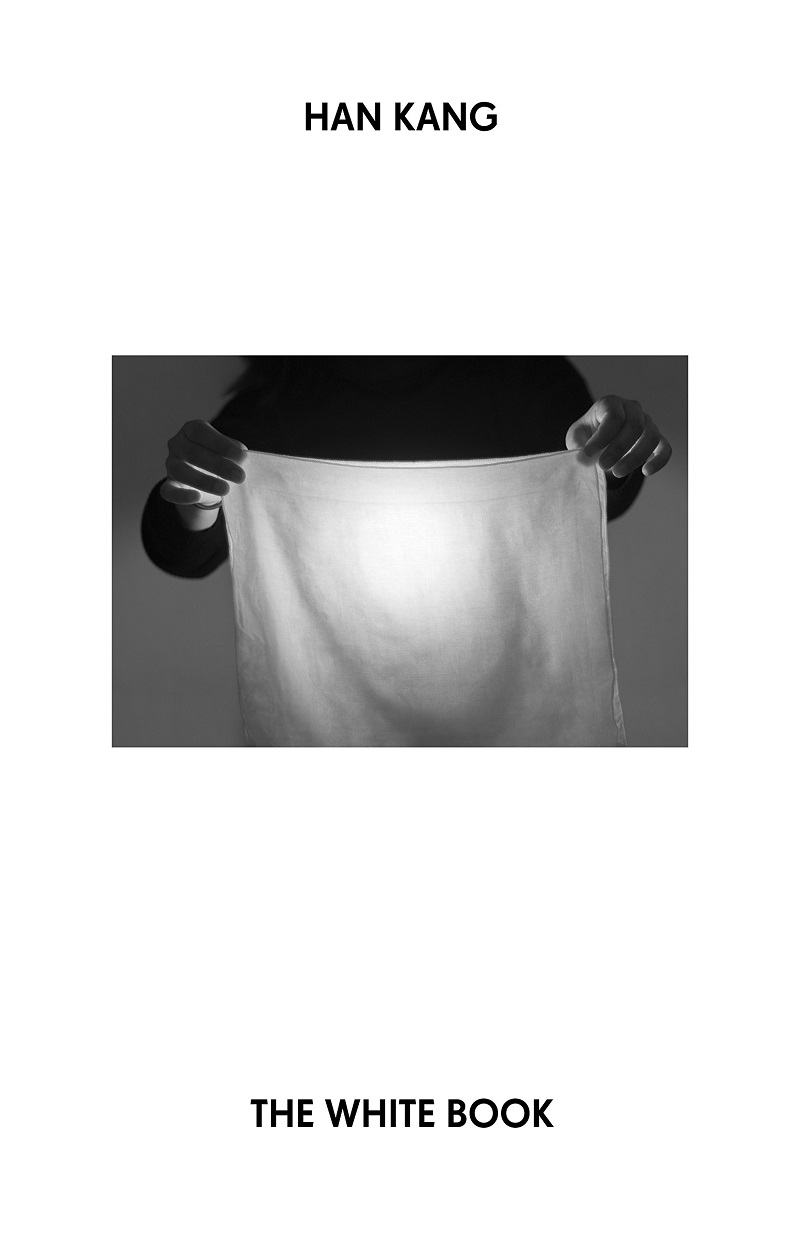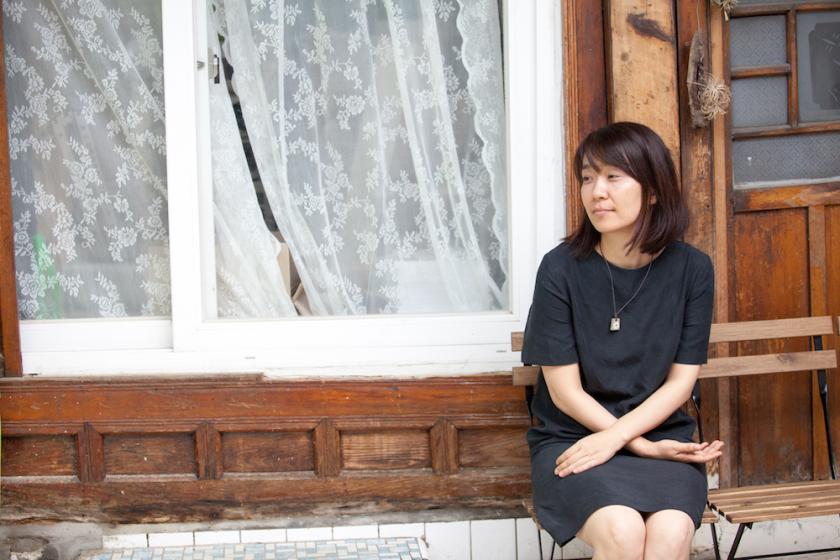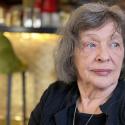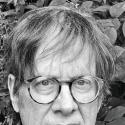A woman gives birth alone two months early in a frost-bound village in the Korean countryside. In Poland, a solitary woman washes down white migraine pills and concludes she must write. The child that is born dies. The finished book commemorates her death by according her an imagined life.
Last year Han Kang won the Man Booker International with The Vegetarian, a slim novella about a woman who decides to give up meat — a deeply subversive action practically unheard of in her home country Korea. In her new work The White Book, also translated by Deborah Smith, she transgresses literary convention and by imagining herself as her older sister examines the constellation of pain at the heart of her mother’s first pregnancy.
She meditates on white things. From them — rice, snow, ‘white laugher’ — Han Kang extracts poetic images she gifts to her older sister as the shards of a hypothetical life. Though she wishes to show her only “clean things” that are “before brutality, sadness, despair, filth, pain,” these glittering fragments read of life, of rebirth, and of death; double-edged reminders that from the moment of birth, a body is “shattered, and is shattering still.” Time folds in on itself and the sisters elide into one pronoun: she. Where Han Kang walks, she walks as her; where she sees, she sees with her eyes; what she feels are her feelings, her thoughts are her’s.
 In one passage, she describes how she once saw the sea frozen over: “[It] had formed serried ranks of frozen waves, like layer upon layer of dazzling white flowers captured in the moment of unfurling. She saw frozen fish strewn over the sandy shore, the hard glint of their scales.” This frozen sea is oneiric, strange — otherworldly like the moon. Eternal movement is temporarily suspended yet dead fish glint still. Chaotic swells are coldly ordered at the very point before waves annihilate themselves on their own flanks — then image crashes against image and the waves transform into blossoms on the cusp of blooming.
In one passage, she describes how she once saw the sea frozen over: “[It] had formed serried ranks of frozen waves, like layer upon layer of dazzling white flowers captured in the moment of unfurling. She saw frozen fish strewn over the sandy shore, the hard glint of their scales.” This frozen sea is oneiric, strange — otherworldly like the moon. Eternal movement is temporarily suspended yet dead fish glint still. Chaotic swells are coldly ordered at the very point before waves annihilate themselves on their own flanks — then image crashes against image and the waves transform into blossoms on the cusp of blooming.
Shot through with pain and paradox though these words are, the effect is of elegy, not regret. Waves and blossoms are frozen at the moment of becoming something else — the waves read of extinction deferred, the blossoms of fertility prorogued. Through her words, Han Kang transforms obliteration into promise. Loss and living are counterpointed, neither meaning revoked. Instead she chooses to foreground the power of articulating experience, even against a backdrop of pain: “If I sift those words through myself, sentences will shiver out, like the strange sad shriek the bow draws from a metal string.”
Han Kang wrote The White Book in snow-shrouded Warsaw which, after being razed in 1944, was painstakingly reconstructed in its own image. A scar runs through the city at the level where old brickwork cedes to new imitating old. It’s a city where the present pays homage to the past, where artifice honours sacrifice. Destruction occurred, and didn’t: this wall was no more, but is. Han Kang dedicates the final part of her book to what was, what could have been, what is. “My life means yours is impossible,” she writes. The gift of life her sister’s death bestowed upon her is offered back as inked words on white pages.















Add comment